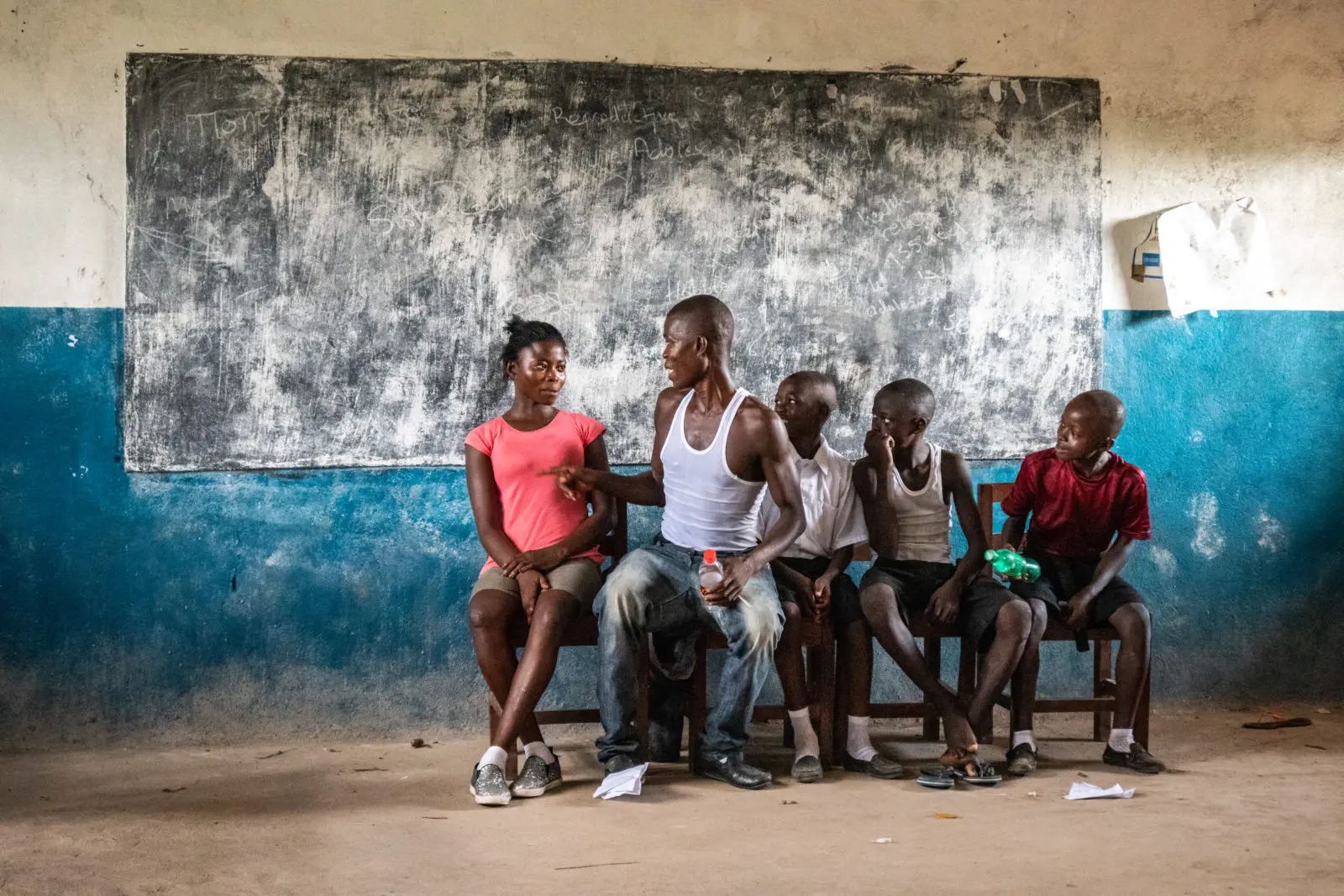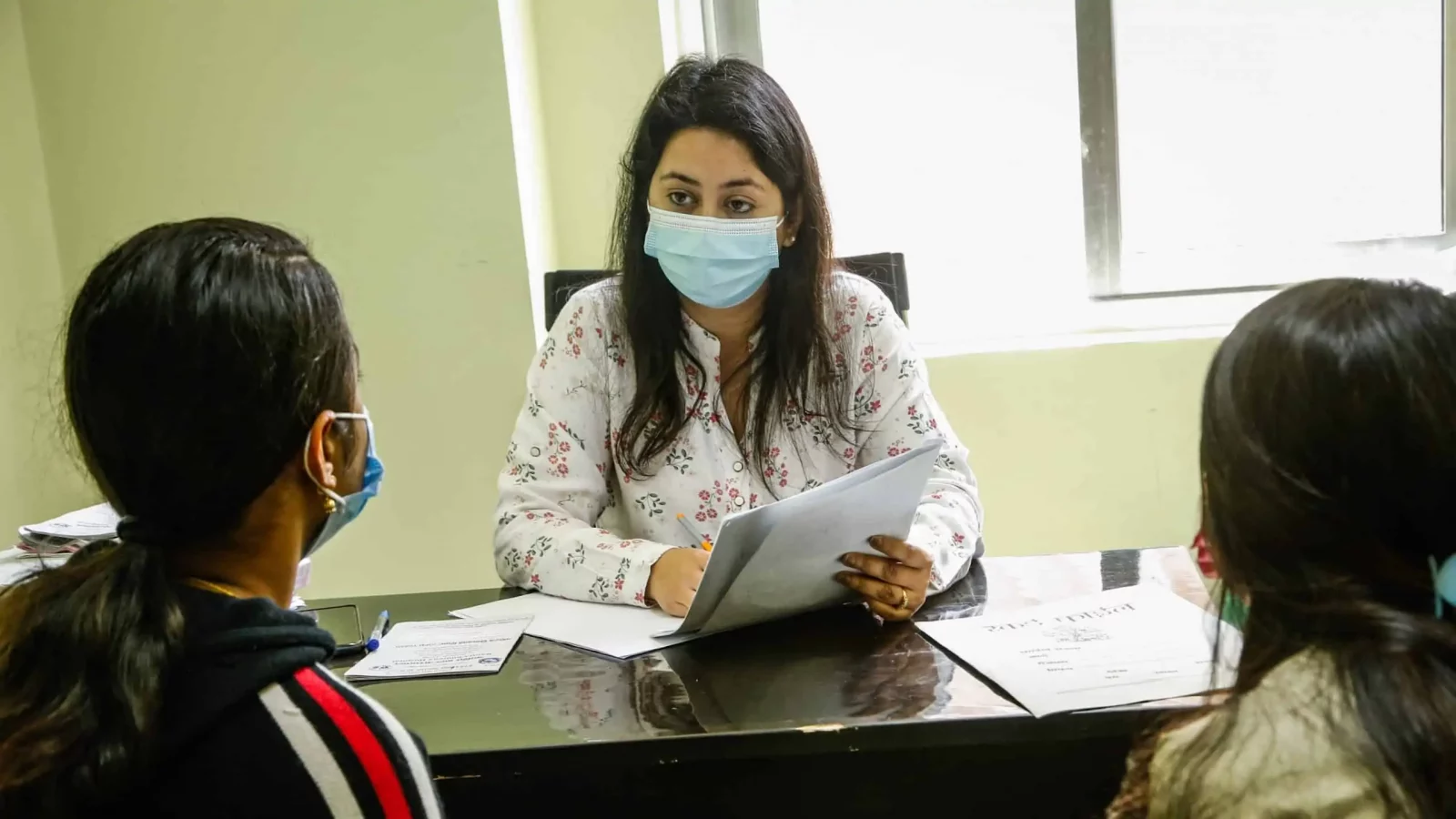FORUT is a Norwegian NGO that works towards safeguarding children.
We believe that development work requires a holistic approach which is why we work in closely interlinked areas: children’s rights, gender equality, mental health, alcohol and harmful drug use. Read more about our thematic areas below.
We are working with partner organisations in Sierra Leone, Malawi, Zambia, Nepal, Sri Lanka and India, as well as regional alcohol policy networks in Africa, Asia and Latin-America. Click here to read more about where we work.

Alcohol, drugs and development
FORUT has specialized expertise in alcohol and drugs as a development issue. For many poor people, substance abuse is an additional burden.
Challenge
Alcohol is a significant contributing factor to non-communicable diseases, including cancer, cardiovascular diseases, and mental disorders. Alcohol use is also a risk factor for communicable diseases such as HIV/AIDS, sexually transmitted infections, and COVID-19, as well as for traffic accidents and other injuries.
Alcohol and drug use is also a poverty issue. When much of the income is spent on alcohol, poverty is exacerbated. Substance abuse often leads to increased violence which particularly affects children and women.
The global alcohol market is dominated by a handful of large companies that are increasingly looking for new markets in Asia, Africa and Latin-America. The alcohol industry takes advantage of weak alcohol policy frameworks in many low- and middle-income countries.
What FORUT Does
FORUT approach ‘Alcohol, Drugs and Development’ (ADD) as a specialised thematic area. Preventing alcohol and drug harm is integrated in most of our work. We address this issue both locally, nationally, and internationally, .
The program «Happy Families» is a good example of substance abuse prevention in practice. Here, couples meet to discuss respect, gender roles, gender-based violence, and how to be a family. For many of the families, alcohol use is a significant problem and a poverty trap. «Happy Families» originated from FORUT’s partner FISD in Sri Lanka and has been extended to other partners, including the Malawi Girl Guides Association.
FORUT, together with its partner organizations in the Global South, advocated for many years for evidence-based alcohol policies in several countries. Malawi, Zambia, and Sri Lanka have adopted new alcohol policies, while in many other countries, there is ongoing work to establish good policies. It is also a major task to implement these policies effectively.
FORUT collaborates with alcohol policy alliances with actors from several countries in Southern Africa, West Africa and Latin America to develop, monitor, and ensure that policies are implemented in line with their intentions. FORUT’s partners in Nepal and Sri Lanka play a similar role in their respective countries.FORUT serves as the secretariat for the Global Alcohol Policy Alliance (GAPA), which is an alliance of professionals, researchers, and non-governmental organizations from various parts of the world. GAPA is advocating for evidence based alcohol policy measures in WHO and other UN organizations and participating in international networks.

Mental health
Good mental health is crucial for development, leading to a healthier population with lower healthcare costs, increased work capacity, and better family relationships. FORUT is one of few organizations that work directly with poor mental health and substance abuse as obstacles to development and realizing children and women’s human rights.
Challenge
800 million people worldwide live with mental health problems and disorders. In large parts of the world, mental health is still a taboo subject marked by superstition and lack of knowledge. Many who are ill do not have access to treatment, are stigmatized and experience gross human rights violations and mistreatment.
Further, alcohol and drug use are both risk factors for and exacerbate the symptoms of non-communicable diseases worldwide, particularly mental ill-health. Not only does this deprive many people of their quality of life here and now, but poor mental health also hinders us from achieving the Sustainable Development Goals. Yet, mental health remains a neglected and stigmatized area and relatively new fields in the aid sector.
What FORUT Does
In line with the World Health Organization’s (WHO) recommendations, we believe that expertise alone is not enough—we must involve all actors in a society. We therefore enhance people’s knowledge to break down stigma and we build capacity among actors in civil society, schools and primary health institutions on how to prevent poor mental health. We also strengthen the national mental health system as well as provide treatment services of high quality, especially in Nepal.
Since 2015, FORUT and our partner CWIN have built and run the country’s first child psychiatric clinic at Kanti Children’s Hospital, which now houses a unique centre of expertise providing clinical treatment, telemedicine, and training for other professional groups. We have also established a youth department at the psychiatric hospital in Kathmandu and provide services in two rural hospitals in Dolakha district. Additionally, all of CWINs 7 Helplines and transit homes for children are connected to Kanti through teleconsultations.
FORUT is part of the Norwegian Network for Global Mental Health and participates in advocacy work aimed at politicians, the Ministry of Foreign Affairs, and Norad. A very significant breakthrough happened in 2019 when mental health was included as a priority area of focus in the first ever strategy for combating non-communicable diseases in development policy.

Child rights
FORUT strives to create a safe environment where every child can thrive. We collaborate with partners across Africa and Asia to advocate for policies and enhance access to quality education, protection, and participation.
The Challenge
Demographic statistics in all countries where FORUT operates reveal that a significant number of children, especially those at risk and in vulnerable situations, lack access to essential services and justice. These children face numerous challenges, including child labor, sexual abuse, exploitation, female genital mutilation (FGM), mental health conditions, child marriage, trafficking, and direct or indirect exposure to drug and substance-related harms.
Additionally, high levels of gender-based violence and inequality intersect with other forms of violence and discrimination, creating a double vulnerability for the female population.
These issues further impact school enrollment and retention, quality education, and the overall development — physical, intellectual, psychosocial, and cognitive — of a large section of the child population.
What FORUT Does
FORUT is dedicated to ensuring that every child has access to quality education in a safe, child-friendly environment. Central to our mission is fostering children’s development to their fullest potential, with a strong emphasis on child protection and providing psychosocial support.
FORUT’s partner organizations run model projects where children and young people receive psychosocial support and access to education. These projects serve as examples for governments, demonstrating that marginalized children and those who have suffered abuse can overcome trauma and complete their education. The goal is for governments to take responsibility for upholding all children’s rights to protection, safety, and education.
Moreover, FORUT recognizes the vital role of meaningful participation for children and adolescents in governance, which promotes confidence, self-worth, and self-esteem in inclusive spaces. This involves fostering knowledge on children about their rights, empowering them to advocate with policymakers, and fostering collaboration with wider civil society. We believe this approach raises awareness and drives positive changes in societal attitudes, addressing the intersection of child and youth agency with governance structures at local, national, and international levels, and enabling the meaningful engagement of children and adolescents.

Gender equality
Women’s rights are the responsibility of both women and men. Gender equality is about the fair distribution of power, influence, and resources for everyone. The right to self-determination and the ability to live a safe life without violence and discrimination is a fundamental human right and crucial for development.
Challenge
Poverty is often closely linked to discrimination and social norms. Social structures lead to women having poorer economic conditions and fewer opportunities to make decisions about their own lives. This creates an imbalance of power both at home and in society when women are economically dependent on their partners. Additionally, societal norms for men contribute to reinforcing these inequalities. But it also means that men expose themselves to more risks, negatively affecting, among other things, men’s health and work capacity.
In many of the countries where FORUT operates, poverty and strong, hierarchical power structures allow the powerful to act with impunity. Typically, the disadvantaged will never complain or file reports, and their cases do not reach the courts.
Excessive alcohol consumption is often a triggering cause of sexual harassment and domestic violence. At the same time, alcohol is frequently used as an excuse for harassing behavior.
What FORUT Does
Participating in decision making at all levels in society and securing greater economic independence for women is a central part of FORUT’s work on gender equality. Entrepreneurship and support for establishing one’s own workplace not only make women economically independent but also give them greater self-confidence, increased respect from men, and a stronger position in the local community. When women gain more control over the family’s finances, it benefits the entire family. Sri Lanka is one of the countries where FORUT focuses on female entrepreneurs through our partner organization FRIENDS.
Gender equality also means combating violence against women, and this fight cannot be waged by women alone. Therefore, FORUT also mobilizes men, challenging harmful norms of masculinity. It is essential to reduce substance abuse and violence against women and children by challenging traditional perceptions of male roles. This is done by organizing men into discussion groups where men themselves become agents of change. We have seen significant examples where local communities have undergone radical changes as a result of men addressing their own attitudes and behavior.
FORUT uses various models to combat violence against women. For example, the family program «Happy Families» is a tool for raising awareness and improving relationships and interactions within families. The «Masculinity in a Bottle» program addresses alcohol and harmful masculinity. We also use the «Mental Health and Gender-Based Violence» training manual, developed by Norwegian Mental Health and Human Rights Info (MHHRI), to help victims of sexual violence cope with trauma.
We must combat social structures that allow powerful individuals to commit abuses and escape accountability. Even though legislation states that women and children have rights, the lack of democracy and participation, combined with poor law enforcement, directly causes these rights to be unmet. In this context, strengthening civil society organizations and their influence is a fundamental and necessary strategy for achieving positive change. Combating poverty and corruption are important contributions to changing skewed power structures in the Global South.







